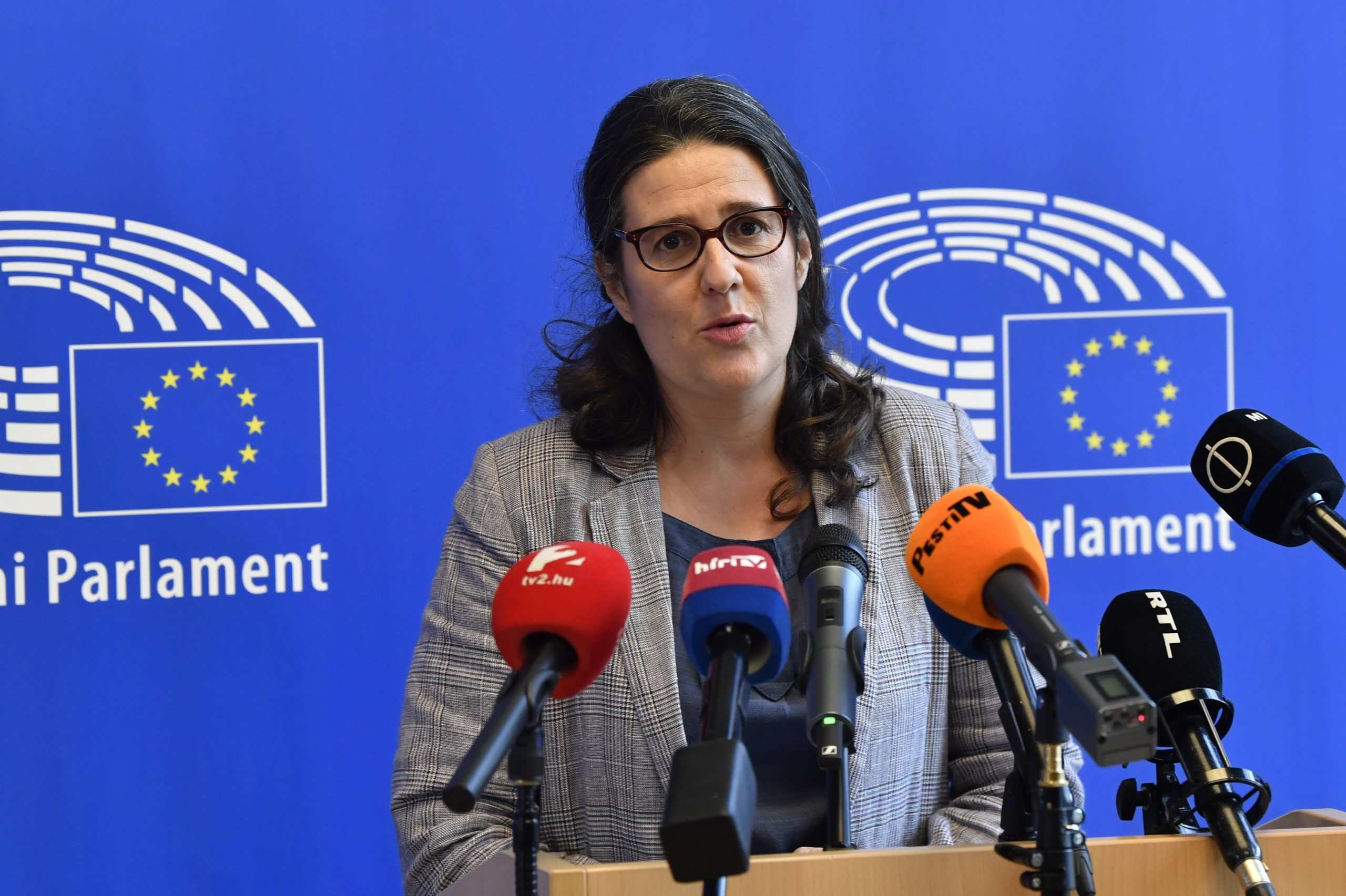
The members of the LIBE delegation held consultations with over a hundred people, and heard many opinions and political views, Delbos-Corfield said.Continue reading

The delegation of the Organization for Security and Co-operation in Europe (OSCE) arrived in Hungary on Monday to put together a preliminary assessment of the election preparations. Meanwhile, some 20 NGOs have asked the body to send a full-scale election observation mission to the elections, arguing that the situation has become much worse than in 2018. According to the government, it is “absurd and cynical” to suppose that Fidesz and Orbán wouldn’t pass on power in case of a defeat or they would commit electoral fraud.
In the preliminary assessment to be put together by a four-person committee, OSCE officials will interview relevant political parties, politicians, and NGOs. Then they will make a recommendation on which kind of mission should be sent to the April 3 elections.
Some 20 Hungarian NGOs have called on the OSCE to send a full-scale observation mission to the Hungarian elections. The list of initiators includes Amnesty International Hungary, the Hungarian Helsinki Committee, Eötvös Károly Institute, LGBTQI rights organization Háttér Társaság (Background Society), anti-corruption organization K-Monitor, green NGO Levegő Munkacsoport (Clean Air Action Group), Transparency International Hungary, and leftist-liberal think tank Political Capital among others.
Up until now, OSCE always sent a so-called ‘limited election observation mission’ to Hungary. A full-scale election observation mission is usually sent to those countries where elections are not completely fair and the competition between the parties is not equal either. It involves a lot more observers for a much longer time period. This would be the first instance in which OSCE would send a full-scale mission to an EU member country.
According to the signatory NGOs, however, the situation is much worse now than it was in 2018, namely due to:
In response to a question, the Minister in charge with the leadership of the Prime Minister’s Office said that it “makes no difference at all” which kind of election observation mission the OSCE sends as “the organization of the Hungarian elections has always been among the best in Europe and we trust that it will remain so.”
Probably in response to these claims, state secretary for international communications and relations, Zoltán Kovács, said it was “absurd and cynical” to suppose that Fidesz and Orbán wouldn’t relinquish power in case of a defeat or that they would commit electoral fraud, labeling any such claims a usual campaign method of the left-wing press.
The OSCE regularly forms recommendations after the elections but the government apparently tends to ignore those. After the 2014 elections, the OSCE made a total of 36 recommendations, of which only one priority recommendation has undergone some progress, and three others have been partially implemented, according to the Hungarian Civil Liberties Union’s (TASZ) analysis. In five cases, the exact opposite of the recommendations was implemented.
While after the 2018 elections, OSCE’s report made eight priority recommendations and 18 other recommendations, of which only one was implemented, according to the MSZP (Socialist Party)-delegated member of the National Election Office (NVB).
In response to a question at his weekly press briefing, PMO Head Gergely Gulyás said that they “are happy when international organizations have an opinion,” they “read it, and if it is something worth considering, the government considers it.”
On top of that, the head of OSCE’s delegation commented after the 2018 vote that Fidesz’s dominance in the media was so great, and the government was able to spend much more for campaigning, that although the election itself was fair, the competition was far from equal.
As a matter of fact, it is not only these 20 NGOs and the OSCE that are worried about the fairness of Hungarian elections. The head of a fact-finding delegation of the European Parliament’s Committee on Civil Liberties, Justice, and Home Affairs (LIBE) also recently said that Hungary has a kind of “one-party system,” and the fact that “one single party has put its people everywhere, from media through judiciary to the universities, means that it can control a lot of things in the elections.”
featured image via Zoltán Balogh/MTI